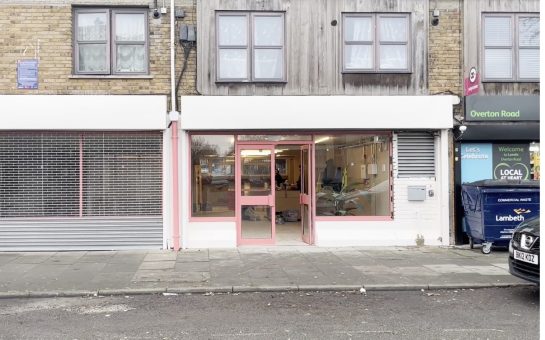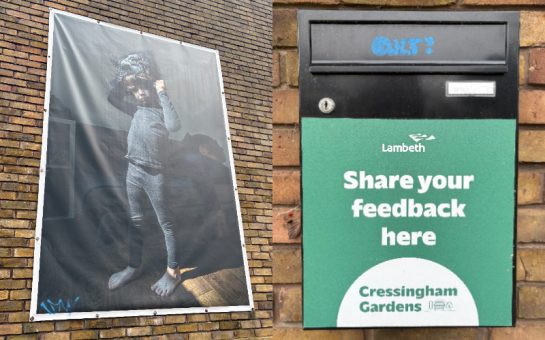David Cameron has been criticised by British Muslims after he declared that extremist ideology can only be defeated if it is not ‘quietly condoned’ within communities and spread online by internet service providers.
Social media is increasingly being used by extremists to radicalise young people with encrypted messaging services and apps giving groups such as ISIS a chance to groom and recruit followers undetected.
In light of the recent sentencing of Kennington ‘Twitter terrorist’ Alaa Esayed – jailed for three and a half years for tweets encouraging violent jihad – SW Londoner visited a Brixton mosque that works to de-radicalise those susceptible to extreme interpretations of Islam.
Brixton Masjid Mosque was founded in 1990 by a group of West African Salafi Muslims and within years of opening extremists such as Abu Hamza and Abu Qatada tried to impose their visions of Islam on the community.
Abdul Haq al-Ashanti, 38, has done media work for the mosque in Gresham Road for 17 years, and was there when extremists visited and attempted to recruit followers.
He said: “They all tried to come to this mosque. They would try to argue and propagate, usually about their version of jihad.
“They would view us as being moderate and weak and sell-outs – stooges to different governments.”
Mr al-Ashanti described how Abdullah El-Faisal, who he says was at one time a moderate Muslim, developed extreme ideas before he was deported to Jamaica in 2007 after being convicted for stirring up racial hatred and soliciting murder.
“Abdullah was trying to deliver his own edicts as though he was a scholar, he did study in Saudi Arabia, but did he ever qualify?
“He began to become more extreme. He was starting to delve into his own concepts and understandings of Islam.”
Failed ‘shoe bomber’ Richard Reid was a follower of El-Faisal and had attended the Masjid Mosque.
The Bromley-born terrorist had converted to Islam in prison and visited Afghanistan after he became radicalised.
He is now serving three life terms and a 110-year sentence in the U.S. after his attempt to blow up a commercial airliner in December 2001.
Mr al-Ashanti said: “That was disturbing that was a real wake up call for us as the extent of the problem, because he was local.”
It was then that the Masjid Mosque started to collaborate more with the police and statutory bodies to combat extremism.
They now produce anti-radicalisation narratives by publishing books and contributing to websites, but as technology has developed it is now possible for terrorist groups to spread propaganda via social media.
And whereas in the past extremists would present themselves as scholars of Islam, Mr al-Ashanti feels that individuals ‘self-radicalising’ on the internet are easier for extremists to groom, citing the people now travelling to fight in Syria.
He said: “People going over there are younger and have no knowledge they don’t even know any aspects of Islamic legal issues with regards to fighting.
“A lot of them will be thinking, ‘what on earth am I doing here?'”
The Home Office has tried to combat radicalisation with its £40million Prevent strategy, and during the 12 years it has been in operation the number of terrorists coming to the attention of the police and security forces has risen into the thousands.
A Home Office spokesperson said: “We have trained more than 160,000 people, including frontline workers, to identify and prevent terrorist-related extremism.
“Everyone has a role to play in preventing radicalisation – including schools, colleges and universities, families, social media, religious leaders, local communities and government.”
Picture courtesy of Amancay Maahs1, with thanks




